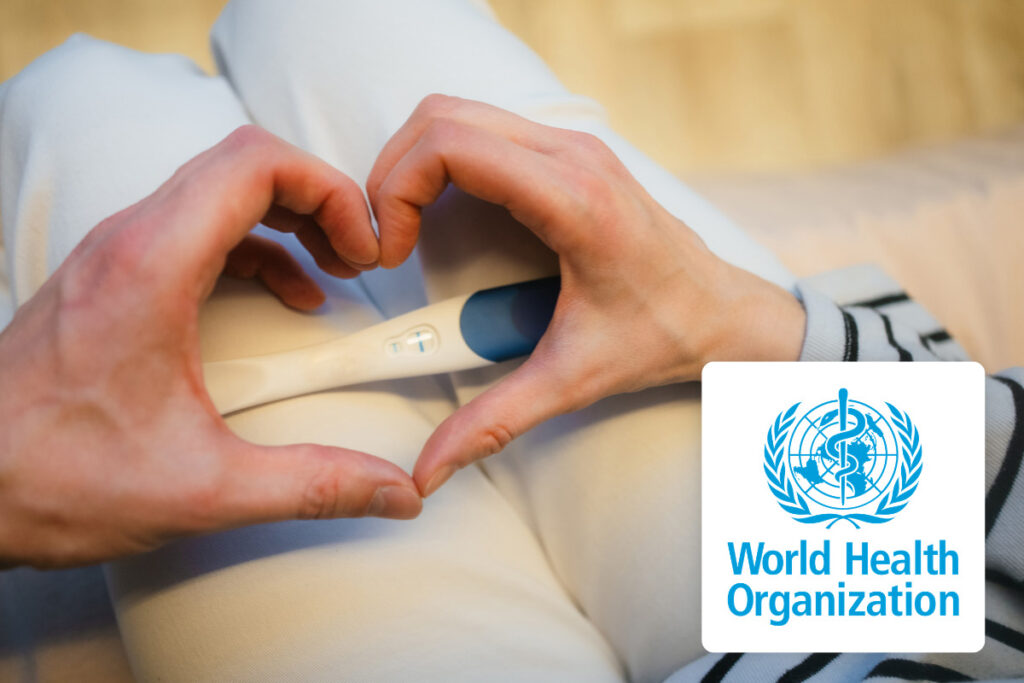A recently published study* has suggested that following a Mediterranean diet could help to improve IVF outcomes.
What is a Mediterranean diet?
A Mediterranean diet is an eating pattern based on that traditionally followed in countries located around the Mediterranean Sea, such as Greece, Italy, and Spain. It promotes a balanced, natural approach to diet with an emphasis on whole, unprocessed foods, healthy fats and plant-based ingredients rather than processed foods, unhealthy fats and sugar.
Typically a Mediterranean diet features a wide variety of fruits and vegetables, whole grains, lean proteins such as fish and seafood and olive oil as the primary fat source. Food tends to be flavoured with herbs and spices in preference to salt.
What are the health benefits?
Some of the health benefits of this type of diet are already well known and include a lower risk of heart disease or stroke, reduced chronic inflammation, a healthy weight and a link to longer life expectancy. Fertility-wise, it has been linked to improved egg and sperm quality as well as influencing embryo implantation and development.
How may it help in IVF outcomes?
Researchers in the recent study reviewed seven previously published studies to examine the role of a Mediterranean diet in relation to reproductive outcomes for couples undergoing assisted reproduction treatment. In all of these studies, adherence to the dietary pattern was monitored by food frequency questionnaires. The NOW-fertility clinical team concur with this method of gathering relevant data.
The review findings indicated that better adherence to a Mediterranean style diet correlated with an increased likelihood of a clinical pregnancy and live birth in some of the studies, possibly due to elements in the diet contributing to enhanced endometrial receptivity for implantation, placental development and an overall healthy pregnancy.
Other studies in the review however were not able to report any positive associations between the diet followed and treatment outcome, meaning it is still an area in which further research would be beneficial.
The NOW-fertility clinical team recommend that anyone embarking on fertility treatment considers not only their diet but also maintaining a healthy body weight, stopping smoking, limiting alcohol intake, and taking adequate preconception vitamins and supplements, in order to give themselves the best possible chance of a positive outcome.
*The Role of the Mediterranean Diet in Assisted Reproduction: A Literature Review
Dimitris Baroutis, Theodoros Kalampokas, Eleni Katsianou, Alexandros Psarris, George Daskalakis, Konstantinos Panoulis and Makarios Eleftheriades
Nutrients 2024, 16(16), 2807;
If you would like to learn more about how our team can help you on your fertility journey, please contact us here:
Published by NOW-fertility’s Communication Department.
Communication Manager: Annette Eckersley
E: annetteeckersley@now-fertility.com
This information was correct at the time of publishing and may not reflect our current practices, prices or regulations.




